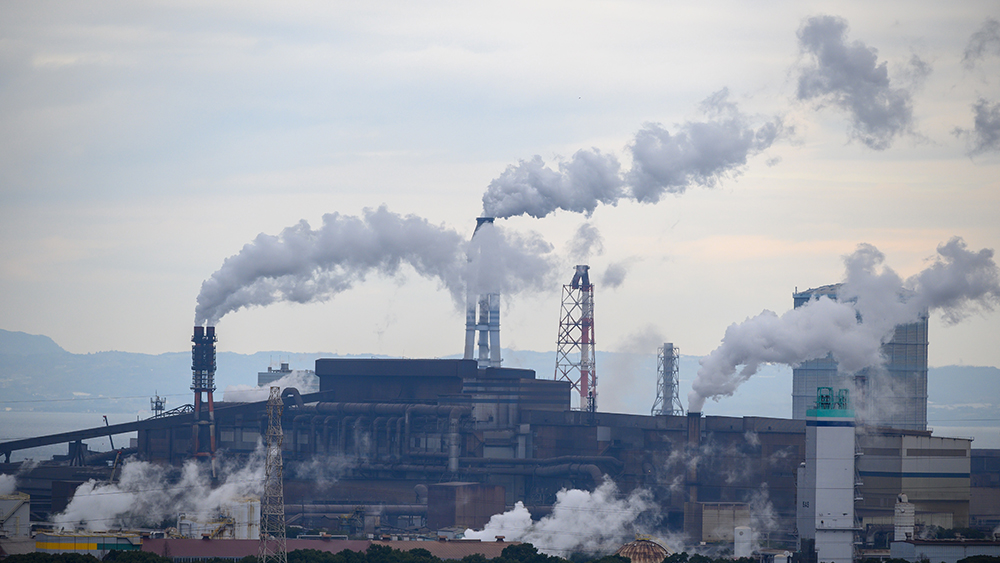Mo'ne Davis made history in 2014 when she became the first girl to pitch a shutout baseball game in...
Vulnerable communities may get environmental justice

The Pennsylvania Department of Environmental Protection recently reformed its Environmental Justice Policy for the first time in nearly two decades.
The goal of the policy is to protect and inform communities that are disproportionately exposed to as well as vulnerable to environmental hazards and risks.
The policy states that the DEP has a new screening tool called the PennEnviroScreen. This tool will allow them to more accurately identify environmental justice communities. This mapping tool uses 32 different environmental, health, and socioeconomic indicators to identify areas that need help.
This change was made so that the policy can include more poor areas that are being affected by big industries with factories or processes like fracking.
Officials hope that this new policy will help to better protect and communicate with communities in these situations. The new policy focuses on being super immersed in these communities to better know them and give people within the community opportunities to have their voices listened to and taken into consideration.
Whereas in the past the policy was more geared to making people in the communities aware of what was happening instead of having a two-channeled type of communication.
Pamela Darville is a civil rights lawyer and volunteer for POWER Interfaith, a racial justice advocacy organization. She interviewed with the Environmental Health News and shared that the group does believe this policy is an improvement.
“While the overall approach is good, it is non-binding,” said Darville in her interview.
She explained that, while the policy is now better, there needs to be a method of enforcement. Darville said that the only way to enforce the policy would be by engaging in a rulemaking process which POWER Interfaith is currently urging them to do.
According to the PA DEP, Environmental Justice communities make up about 20% of the entire state.
Because they are exposed to environmental hazards they are subject to really dangerous living conditions. Pollution and radiation in these communities can have serious effects on a person's health to the point that it becomes detrimental.
These communities typically face other kinds of social justice issues such as environmental racism, poverty, and displacement. This new policy also made more non-English resources available to environmental justice communities.
POWER Interfaith got to review the policy in an early stage of its development and made specific requests to the DEP about things to include/change. Many of these things were then agreed to by the agency.
The new policy went into effect September 16, 2023, but may still be revised as the comment period on it was open until November 30, 2023. Citizens could attend public meetings being held throughout the commonwealth (both virtually or in person) or submit comments online if they were unable to attend a meeting.
The agency plans to incorporate final adjustments and implement said policy in 2024.




